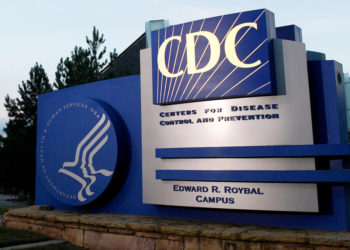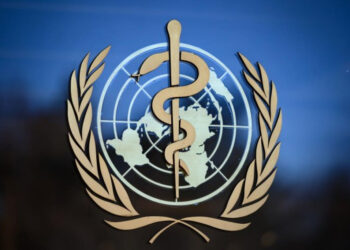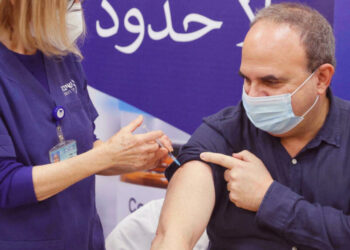The World Health Organization warned Monday the new Covid-19 Omicron variant poses a “very high” risk globally, despite uncertainties about the danger and contagion levels of the new strain.
The UN health agency said the Covid strain first discovered in southern Africa was a “highly divergent variant with a high number of mutations… some of which are concerning and may be associated with immune escape potential and higher transmissibility.”
“The likelihood of potential further spread of Omicron at the global level is high,” WHO cautioned in a technical note.
To date, no deaths connected with the Omicron variant have been reported, it added.
But even if the new variant does not prove more dangerous or deadly than previous ones, if it spreads more easily it will spark more cases and more pressure on health systems, and thus more deaths, the organization said.
“If another major surge of Covid-19 takes place driven by Omicron, consequences may be severe,” it said, concluding that “the overall global risk related to the new VOC (variant of concern) Omicron is assessed as very high.”
WHO said countries should enhance their surveillance to try to get a clear overview of where and how fast it is spreading.
It also urged accelerated vaccination against Covid, especially among vulnerable populations who have yet to receive any jabs.
But it has cautioned against imposing travel bans, fearing that blocking travel from countries where new variants are first spotted could be unfair and dissuade surveillance.
“With the Omicron variant now detected in several regions of the world, putting in place travel bans that target Africa attacks global solidarity,” said WHO regional director Matshidiso Moeti.
A growing list of countries have already imposed travel restrictions on southern Africa, including Britain, Indonesia, Kuwait, the Netherlands, Qatar, Saudi Arabia and the United States.
























